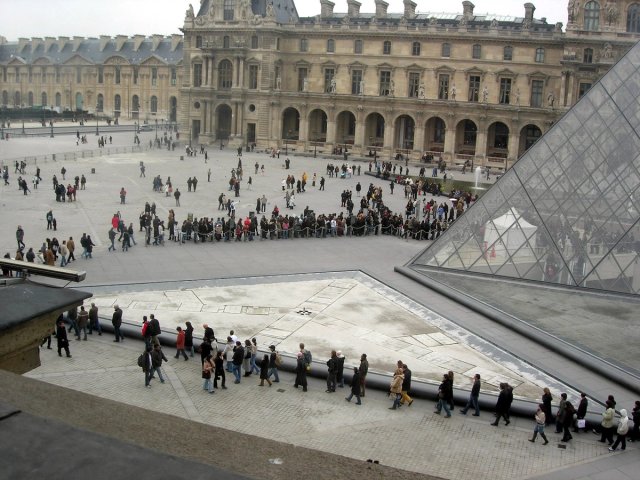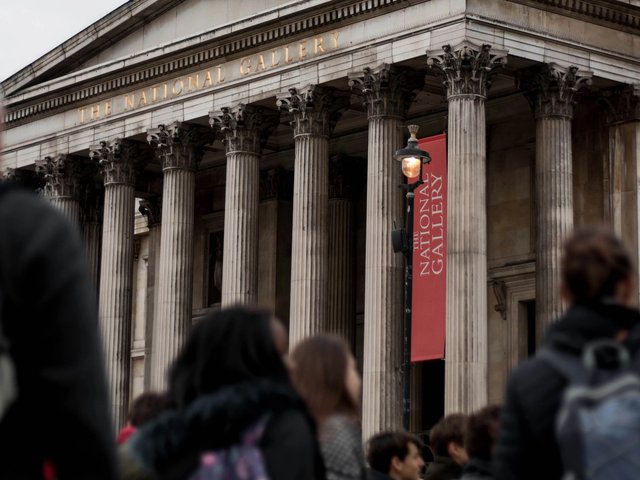A new report published by the Cultural Policy Unit—an independent UK think tank—says that introducing admission charges for international visitors at UK national museums would be “logistically complex as well as ideologically at odds with the global collections that the UK has accumulated”.
Last July Mark Jones, the former interim director of the British Museum, said that an admission fee of £20 should be introduced for overseas visitors. “It would make sense for us to charge overseas visitors for admission to museums as they charge us when we visit their museums. The biggest visitor attractions in Britain are our great museums and galleries, yet that does not translate into the resources needed to maintain them,” Jones told The Times.
But last month, when writing in the Financial Times, the director of the Victoria and Albert Museum, Tristram Hunt, offered a “few words of caution”. Hunt pointed to evidence showing that visitor numbers fall significantly with the charging of admissions fees, affecting knock-on spending in museum shops and catering, “The Treasury [also] has a nasty habit of lowering public funding as it sees self-generated income growing,” he added.
Now this new report adds still more arguments to the debate. “Britain holds its national collections for the world, not just its own residents,” the document states. “Opening them up to the world is part of our ‘soft power’, and there would be reputational damage to the UK if we reversed this.”
The report further points out that if charges were to be introduced, The British Museum, for instance, would be placed in the unenviable position of having to charge Nigerian tourists to see the Benin Bronzes, or Egyptians to view the Rosetta Stone. Meanwhile diaspora Nigerians and Egyptians living in the UK could come for free.
It goes on to stress that the UK's policy of free admission is integral to the country’s national education system—as “a cornerstone of making culture and information accessible to all”, including school children—which has been maintained by successive governments since 2001, when it was reintroduced by the previous Labour government. There is also an underlying and important “walk-in” principle to the public, which is a bedrock of the policy, adds the report.
“Implementing a charging system that discriminates in this way will be challenging without an identity card system and could prove both detrimental and costly to the UK’s museum ecosystem and reputation, when compared with alternatives such as a tourist accommodation levy,” says the report. In a separate document, the Cultural Policy Unit advocates for a 3%–5% tourism charge on overnight stays to fund cultural infrastructure across England. This visitor charge is routine in other cities such as Venice and New York.
Bernard Donoghue, the director of the Association of Leading Visitor Attractions, tells The Art Newspaper: "This report is right to dismiss the idea of charging overseas visitors to the UK's free national collections. Operationally it would be fraught with difficulties: front of house staff at museums and galleries are not Border Force, they should not be given the unpleasant task of asking people for ID and passports to ascertain their nationalities or their country of residence.”
However, as the government’s spring Spending Review approaches, there is a risk that museum trustees may be faced with a decline in grant-in-aid subsidies, and that a charging option might be forced upon them. This, says the report, would disrupt the finely-tuned business models developed by UK museums, which include a mix of government grants, private donations, sponsorship and commercial activities.






